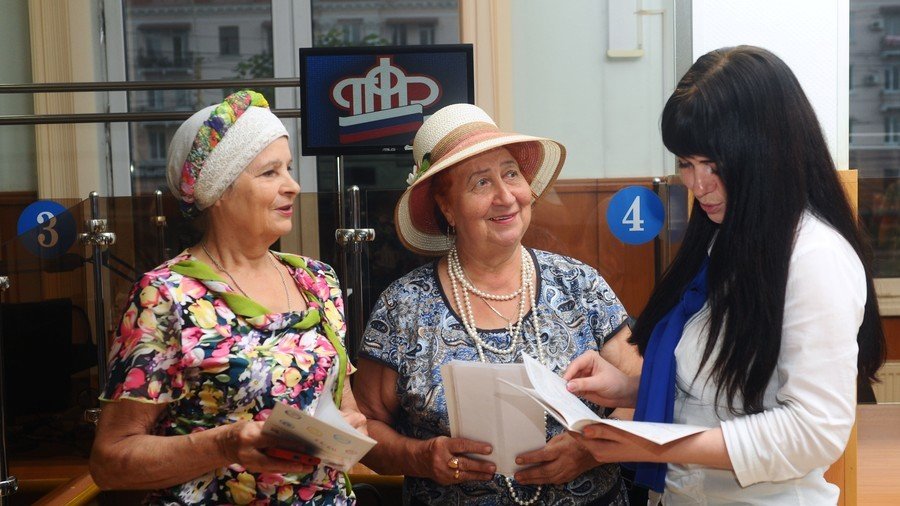State Duma passes Putin’s bill criminalizing the sacking of workers approaching retirement age

The Russian Lower House has approved a bill introducing a legal definition of pre-retirement age, together with criminal responsibility for employers who fire or refuse to hire workers in this age bracket without a solid reason.
The pre-retirement age is described as the period of five years before the official retirement age. The latter figure will change during future pension reform, and will be set at 65 years for men and 60 for women by 2034, if the slated reform plan is fulfilled.
Once the bill is signed into law, firing or refusing to hire workers of pre-retirement age will be punished with fines up to 200,000 rubles (just over $3,000) or in the amount of the employer’s income over the period of up to 18 months or up to 360 days of correctional labor.
The motion was drafted by President Vladimir Putin as a bid to secure the balance and long-term stability of the Russian pension system. The State Duma passed it without changes.
Alterations to the original pension reform bill, proposed by the president, included a shorter retirement age increase for women, allowing pensioners keep all current tax benefits until the reform is fully completed, and ordering a pension rise for some citizens, such as pensioners who reside in remote rural areas.
The bill now requires approval from the Upper House and the president’s signature to become a law.
Like this story? Share it with a friend!














